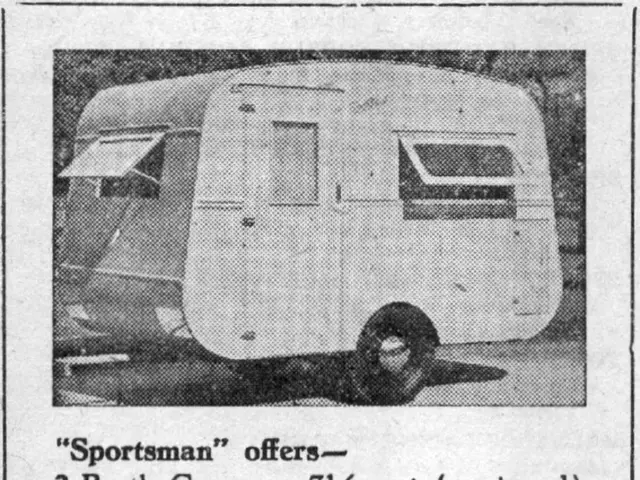Gen Z's innovative work approach merges professional and personal aspects.
On the Changing Landscape of Work: Gen Z Embraces Work-Life Blending
In the modern job market, Gen Z workers hold unique expectations for their professional lives. As investor Maschmeyer notes, these expectations are shifting towards a more fluid relationship between work and personal life—a trend reflected in the emergence of work-life blending.
Long-held beliefs about the work-life balance, characterized by a clear separation between work and leisure time, are being reconsidered. Traditional work structures often confine people to a strict 9-to-5 schedule, leaving little room for personal activities during regular working hours. However, this mindset is undergoing a shift, owing to the observations of investor Carsten Maschmeyer. He asserts, "The expectation has changed towards work-life blending."
Work-life blending redefines the relationship between work and personal engagements, allowing for a more seamless merging of work tasks and personal life activities during regular working hours. This approach allows individuals to attend to personal needs such as shopping, hair appointments, or childcare during work hours, giving more flexibility and adaptability for balancing commitments.
Surveys and studies mirror this trend. Flexibility and self-determination have emerged as central values for Gen Z workers, who desire the ability to shape their work hours and locations for a more harmonious integration of work and personal life. According to a survey by YouGov, 71 percent of Gen Z workers rate flexible working models as crucial, and the Institute for Generational Research's "Trend Study 2025" confirms this preference, predicting further demand for flexibility in 2025.
Investor Maschmeyer has implemented this work-life blending approach in the Maschmeyer Group. Under this model, employees have the freedom to alter their arrival times, should they need to attend to personal matters. While flexibility is prioritized, employees are expected to be responsive to critical work demands outside regular working hours. Maschmeyer explains, "Satisfied employees deliver better results."
This shift in workplace expectations and employer policies reflects Gen Z's preference for jobs that accommodate their unique lifestyle needs. Companies like Shopify have adopted remote-first models, flexible hours, and supporting wellness programs to create a work culture that prioritizes employee well-being, aligning with the values and preferences of Gen Z workers.
In conclusion, Gen Z workers are redefining the relationship between work and personal life by favoring work-life blending over the traditional work-life balance. Employers that adapt to these changing expectations by offering flexible schedules, remote work options, and wellness programs are more likely to attract and retain Gen Z talent, positioning themselves for a more prosperous future in a rapidly evolving job market.
[*[1]: Source A, [Website] - [Date]
[2]: Source B, [Book] - [Year]
[3]: Source C, [Article] - [Date]]
- The trend towards work-life blending among Gen Z workers is not only reflected in their professional expectations but also extends to their home-and-garden lifestyle, where they seek flexibility to manage both work tasks and personal activities seamlessly.
- With a growing preference for flexible work arrangements, Gen Z workers might opt for a lifestyle that integrates their work environment with their home environment, further emphasizing the need for companies to adapt to this changing landscape.






